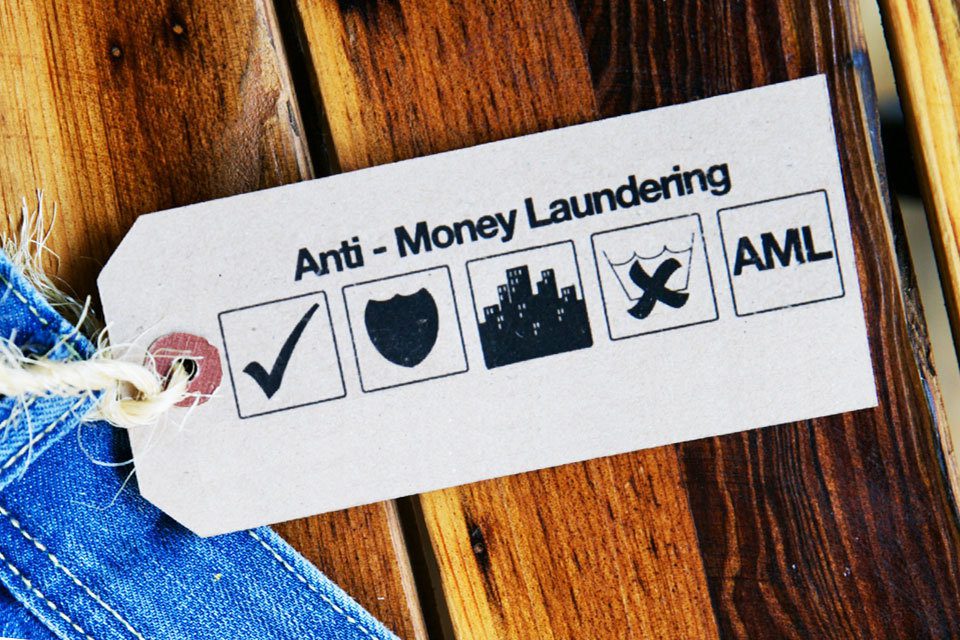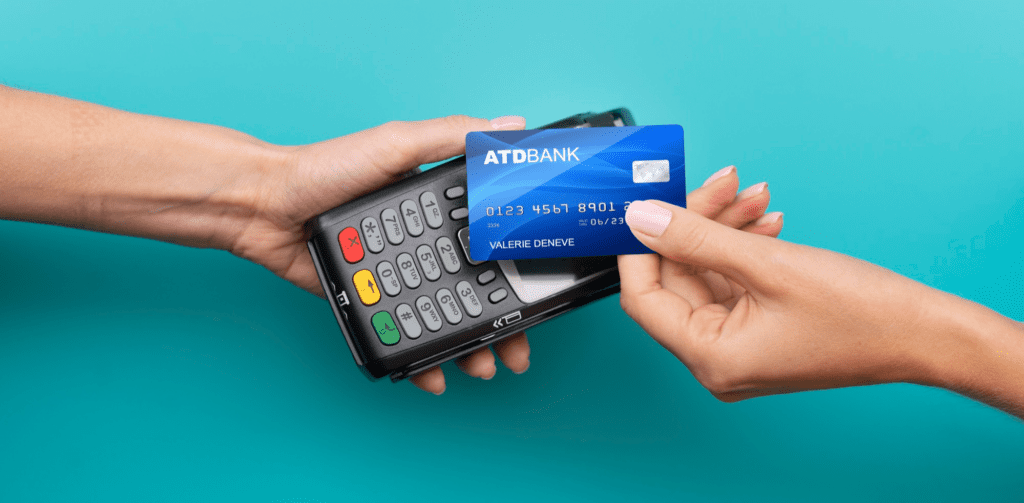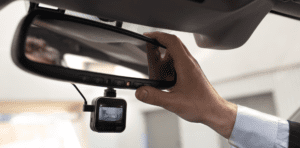Compare cheap car finance
✔ Compare cheap car finance quotes
✔ Over 110 car finance providers
✔ Get a quote in minutes
✔ Save up to £504*
Apart from your home, your car is likely one of the priciest purchases you’ll ever make. Wondering how to fund it? Our car finance guide delves into the various options available.
- Pay with Cash or Savings
- Join a hire purchase scheme
- Lease your car
- Personal contract purchase (PCP)
- Pay on your credit card
- Take out a personal loan
- Get car insurance
- Selling a car with outstanding finance
- Frequently asked questions
Pay with Cash or Savings
If you’ve got money sitting in an account, chances are it’s not accruing much in the way of interest. It could be more economical to use this to buy your car instead of opting for a loan or finance scheme.
Even if you don’t have the full amount to buy the car outright, a larger deposit could help lower your monthly repayments.


Credit: Crown Copyright (Open Government Licence v3.0)
![]()
![]()
Due to anti-money laundering and fraud regulations, the majority of dealerships won’t accept large sums of physical cash for car transactions.
Purchases need to be traceable; hence, by ‘cash’ we’re referring to payment via a debit card or direct bank transfer. It’s worth noting that many dealers also refrain from taking personal cheques due to the extended clearance time and potential for forgery.
How much can you save on your car finance?
Join a hire purchase scheme
Hire purchase is a prevalent method for buying a car, commonly facilitated by car dealerships. It offers a structured payment plan, allowing customers to make monthly instalments over a predetermined period.


Features of Hire Purchase
- Direct Dealership Availability: Most car dealerships provide hire purchase options directly, streamlining the acquisition process.
- Deposit and Payment Structure: A deposit, usually around 10%, is required upfront. The remaining amount is divided into monthly payments, typically spanning between one and five years.
- Fixed Interest Rates: One significant benefit of hire purchase is the fixed interest rate, providing clarity on monthly expenditure.
Pros and Cons of Hire Purchase
- Pros of Hire Purchase:
- Budgeting: Given the fixed interest rate, it’s easier to budget your monthly expenses.
- New Car Deals: Purchasing a new car might offer better financial terms compared to used vehicles.
- Cons of Hire Purchase:
- Depreciation: New cars tend to depreciate in value faster.
- Ownership Restrictions: Until the car is fully paid for, modifications or resale are not permissible.
- Cost Fluctuations: The monthly payment amount will fluctuate based on the size of the deposit and the loan duration. Smaller deposits and shorter durations result in larger monthly payments. Conversely, extended terms can lead to higher interest payments.
Top Tips for Hire Purchase
- 0% Finance Deals: Always scout for deals that offer 0% interest. When paired with a substantial deposit, this can result in interest-free monthly instalments and a reduced repayment duration.
- Total Cost Consideration: Besides the instalments, consider other expenses associated with car ownership.
While hire purchase is a convenient option, it’s essential to understand all associated costs and restrictions before committing.
How much can you save on your car finance?
Lease your car
Car leasing, specifically through a Personal Contract Hire (PCH), offers a hassle-free solution for those who prefer not to engage with car ownership intricacies such as warranties and maintenance.


Features of PCH
- Payment Structure: Typically, you’d start by paying an upfront rental equivalent to three months’ rent. Subsequent payments are made monthly until the end of the contract.
- End of Agreement: Once the leasing period concludes, you simply return the car. There’s no option to purchase it.
Key Benefits of PCH
- Maintenance and Tax: Many PCH agreements bundle in a maintenance package, covering routine services and sometimes even the vehicle tax, ensuring a worry-free driving experience.
- Affordability: Monthly payments for a PCH are generally lower than those in a hire-purchase agreement. This affordability comes at the trade-off of not owning the vehicle after the contract term.
Considerations of PCH
- Mileage Allowance: Leasing agreements come with an annual mileage cap. Exceeding this limit results in additional charges, so it’s crucial to select a suitable allowance, especially if you’re a high-mileage driver.
- Ownership: Unlike some other financing methods, you won’t have the option to own the car at the end of a PCH agreement. It’s essential to understand this distinction when deciding on the best car finance route for you.
While a PCH offers simplicity and predictable costs, potential lessees should carefully consider their driving habits and long-term car needs before entering such an agreement.
How much can you save on your car finance?
Pay on your credit card
Using a 0% interest on purchases credit card can be a savvy method for financing your car purchase, provided you navigate the potential pitfalls and benefits responsibly.


Advantages of Using a Credit Card
- Interest-Free Period: If you manage to secure a card offering 0% interest, you can essentially get an interest-free loan for your car, as long as the balance is cleared within the promotional period.
- Section 75 Protection: Under Section 75 of the Consumer Credit Act, you might have additional protection for purchases between £100 and £30,000. This means that if there are issues with the car or if the dealer breaches the contract, the credit card company may share responsibility and could potentially refund you.
Potential Drawbacks of Using a Credit Card
- End of Promotional Period: It’s crucial to either pay off the balance before the 0% interest period ends or consider transferring the balance to another 0% card. However, be mindful that balance transfers usually come with associated fees.
- Dealer Restrictions: Not all dealerships accept credit card payments for car purchases. Some of those that do might levy an admin fee for credit card transactions, increasing the overall cost.
- Credit Limitations: The credit limit on your card might not cover the entire cost of the car, restricting your options or necessitating a combination of payment methods.
While a 0% interest credit card can offer attractive benefits when buying a car, it’s essential to approach this method with caution and awareness.
Ensure you understand the card’s terms and any potential charges or restrictions from the dealership before committing.
Personal contract purchase (PCP)
A Personal Contract Purchase (PCP) is a car finance option in the UK, offering flexibility and potential ownership at the agreement’s conclusion.


Features of PCP
- Payment Structure: PCP agreements typically comprise low monthly payments throughout the contract duration, followed by an optional large final payment known as the ‘balloon’ payment.
- Option to Purchase: At the end of the PCP term, customers have the choice to either pay the balloon payment to own the car or return the car to the dealer.
Advantages of PCP
- Flexibility: PCP offers adaptability in terms of financial commitment, allowing customers to decide whether they want to own the care at the end of the term.
- Affordability: Due to competitive interest rates, monthly instalments under PCP are often lower compared to other financing options.
- Security: If financial circumstances change and affordability becomes an issue, customers have the assurance that they can return the car without being bound to purchase it.
- Upgrading: If at the end of the term you choose not to buy the car, many dealerships offer the option to part-exchange it for a newer model, facilitating an easy transition to driving a new car.
A PCP can be an excellent choice for those who want the experience of driving a new car without the immediate commitment to ownership.
However, potential customers should be mindful of the balloon payment if they decide to keep the car and should always read the terms and conditions thoroughly before entering into an agreement.
How much can you save on your car finance?
How much can you save on your car finance?
Take out a personal loan
A personal loan can be a viable option for financing your car purchase, particularly if you have a good credit history. This financial tool can offer both advantages and challenges, depending on individual circumstances.


Advantages of Personal Loans
- Ownership: A significant advantage of using a personal loan is that you become the outright owner of the car immediately after purchase, in contrast to some other finance options like hire purchase.
- Flexible Repayment Period: Personal loans allow borrowers to spread the repayment over an extended period, potentially up to seven years, making it more manageable.
Potential Pitfalls of a Personal Loan
- Repayment Commitment: Maintaining consistent monthly repayments is crucial. Defaulting on your repayments can lead the lender to seize assets that secure the loan, which could be the car itself or another valuable asset depending on the loan agreement.
- Interest Rates: It’s essential to be wary of the annual percentage rates (APR), which reflect the total cost of borrowing, including interest and any associated fees. A lower APR indicates a better deal, so it’s advisable to compare the APR of personal loans against any dealership finance offers.
Helpful Tools:
- Car Finance Calculator: To better understand how much you might be able to borrow and what the repayments could look like, consider using a car finance calculator. This tool provides an estimated guide based on your input, helping you gauge the feasibility of a personal loan for your car purchase.
While personal loans can be an appealing way to buy a new car due to their flexibility and immediate ownership benefits, it’s essential to carefully evaluate your financial capacity and compare available deals before making a decision.
How much can you save on your car finance?
Get car insurance
Having figured out your car financing, your next pivotal step is to find suitable car insurance. With Comparoo, this process is made straightforward and user-friendly.


Comparoo Compares Car Insurance Deals
- Personalised Information: Simply provide us with some details about yourself and the vehicle you’re purchasing. This allows us to tailor our search to best match your needs.
- Comprehensive Search: Our platform delves into a myriad of car insurance offerings from over 110 insurance providers, ensuring you get a comprehensive view of the market.
- Tailored Recommendations: Based on the data you share and our extensive database, we’ll pinpoint car insurance deals that align with your requirements, helping you make an informed choice.
Navigating the world of car insurance can be daunting, but with Comparoo, you’re equipped with a valuable tool that finds you the best deals on your new car, offering peace of mind and security.
How much can you save on your car finance?
Selling a car with outstanding finance
It’s illegal to sell a car that still has outstanding finance attached to it. The rationale behind this is that until the entirety of the finance is settled, the car is technically the property of the finance company. In legal terms, the car isn’t yours to dispose of until every penny of the loan is repaid.
Can I sell a car with outstanding hire purchase (HP) finance?
When you have an outstanding hire purchase (HP) finance on a car, the vehicle legally belongs to the finance company. It remains their property until the final payment is made under the agreement.
To sell the car, you need to clear the finance first. This requires you to settle the HP agreement prematurely. Approach your finance provider, and they’ll give you a settlement figure. After you’ve settled this sum, you can then proceed to sell the car.
Can I sell a car with outstanding personal contract purchase (PCP) finance?
Much like the hire purchase agreement, selling a car that’s still under a personal contract purchase (PCP) agreement is not permissible since the car isn’t legally yours to sell.
If you’re keen on selling a car under PCP, you’ve got a couple of options:
- Settle the PCP agreement early. Reach out to your finance provider for a settlement figure and clear the debt. However, always review your contract for potential early repayment charges or exit fees.
- Return the car. Though this means you can’t sell the car, it does liberate you from the ensuing payments. If you’ve already covered half of the agreement’s cost, you might be eligible to return the car without making further payments. Consult your finance provider to explore this option in depth.
Can I sell my car to pay off my car finance?
While the notion might seem logical, doing so is, in fact, illegal. This is because until the finance agreement is fully settled, the car isn’t legally your asset to sell.
Can I sell my car while paying off a loan?
Yes, you can, provided the car hasn’t been used as collateral for the loan. Car finance agreements typically use the vehicle as security, prohibiting you from selling the asset the finance relies upon.
On the contrary, with a personal loan, the funds you receive are yours to use as you see fit. This implies that you acquired the car in full at the outset and can freely decide its future, including selling it.
How much can you save on your car finance?
Frequently asked questions
Yes, finance options are available for purchasing used cars. If you’re considering a hire purchase or PCP (Personal Contract Purchase) option, it’s more likely you’ll find these at larger or franchised dealerships.
One of the advantages of transacting with a main dealer is that their used cars often undergo professional inspections, ensuring they meet specific standards.
However, regardless of where you purchase from, it’s always prudent to assess the car’s condition yourself. Organisations like the RAC and the AA offer dedicated services for inspecting used cars, providing an added layer of assurance.
On the other hand, if you opt to buy from a private seller, there might be greater room for negotiation, potentially landing you a more favourable deal. That being said, when dealing with private sellers, you might find that your finance options are more restrictive.
In such scenarios, you might have to consider alternatives like taking out a personal loan or making the purchase using a credit card. Always ensure you understand the implications of each finance method and choose one that aligns with your financial situation and needs.
Getting car finance with a poor credit score isn’t entirely out of the question, though it might be a tad challenging. Lenders and car finance companies typically scrutinise your credit history and credit score to gauge the likelihood of you defaulting on your repayments.
If you have a low credit score, or perhaps have sparse or no credit history at all, lenders might be hesitant and could decline your application. However, even if they decide to approve you, it’s likely that the terms won’t be as favourable.
Specifically, you might be offered finance at a considerably higher interest rate than someone with a robust credit profile.
That said, there are specialist lenders who cater to those with adverse credit histories. It’s worth exploring these options, but always remember to read the terms and conditions carefully.
Furthermore, it’s beneficial to take proactive steps to improve your credit score over time, making it easier to secure finance in the future.
The impact of car finance on your credit score largely hinges on the type of credit checks the lender carries out and your subsequent behaviour as a borrower.
Initially, if a lender conducts a ‘soft check‘ or a ‘soft search‘ on your financial background, this won’t leave a footprint on your credit file. Consequently, this shouldn’t influence your credit score in any way. However, if the lender opts for a more thorough ‘hard check‘, this will be recorded on your credit file.
While a single hard check might not drastically affect your credit score, repeated applications that result in multiple hard checks can. If you’re consistently declined finance and persistently submit applications elsewhere, it might paint a picture of financial instability or desperation. Such a pattern over a short span can indeed tarnish your credit score.
Conversely, if you secure car finance and diligently meet all your payment deadlines, it demonstrates creditworthiness and responsible borrowing behaviour. Over time, this consistent repayment pattern can positively influence and potentially boost your credit score.
Before venturing into the realm of car finance, it’s prudent to review your credit file. It’ll give you a clearer idea of your current financial standing and any areas that might need attention before seeking finance.
Yes, settling your car finance ahead of schedule is an option, and doing so might allow you to save on accumulated interest over the contract’s duration. However, it’s crucial to thoroughly examine the terms and conditions of your agreement before making such a decision.
Some finance companies implement early settlement fees or penalties for clearing the debt before the end of the contract term. Depending on the size of this fee and the remaining interest on your finance, paying off early might not be as financially beneficial as it initially appears.
To make an informed choice, consider contacting your finance provider. They can provide a breakdown of any costs associated with early repayment, enabling you to weigh the potential savings against any charges you might incur.
The influence of a finance agreement on your car insurance largely hinges on the specific type of finance you opt for. When taking out insurance, the provider will be keen to establish the legal ownership of the car in question.
For instance, if you’re under a PCP (Personal Contract Purchase) agreement, the car finance company retains legal ownership of the car, while you are noted as the ‘registered keeper‘. This distinction is crucial.
Some insurance providers might be hesitant to cover a car acquired through PCP, or they might propose a heightened premium due to perceived risks.
However, with PCP agreements becoming increasingly popular in the car market, many insurers are adapting. Therefore, even if one provider is reluctant, numerous others are likely to offer cover.
It’s paramount to accurately disclose the legal ownership of the car when securing insurance. Failing to do so can lead to complications.
For instance, if you encounter a situation that necessitates an insurance claim and the ownership details are misrepresented, there’s a risk that your policy could be deemed invalid, which could result in considerable financial repercussions.
Always ensure clarity in such declarations to avoid any future complications.
Opting for car financing can offer an economical route to driving away in a new car without the need for an immediate, substantial outlay. However, its suitability hinges on both your financial position and personal preferences.
If it’s paramount for you to have complete ownership of your car from the outset, a personal loan might be more in line with your needs compared to PCP (Personal Contract Purchase) or leasing arrangements.
One added advantage of personal loans is the flexibility they afford in purchasing from both dealers and private sellers.
Nevertheless, if you’re firmly inclined towards financing your car purchase, it’s beneficial to explore and understand the myriad of available options.
By comparing different car financing schemes, you can ascertain the most fitting solution tailored to your circumstances and desires.










